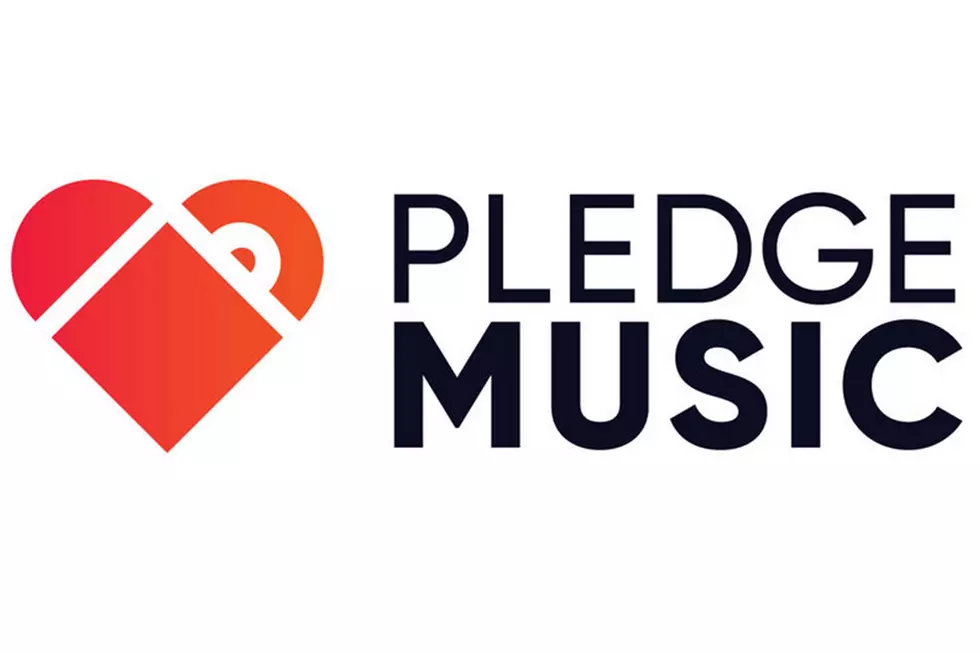
PledgeMusic Nearing Bankruptcy After Rescue Attempts Fail
Benji Rogers, founder of the crowdfunding platform PledgeMusic, said the business was about to enter bankruptcy after attempts to save it failed.
Rogers returned on a voluntary basis after the company admitted it couldn’t pay musicians the money it had collected on their behalf from fans. Around 45,000 artists – including Queensryche and late Ozzy Osbourne guitarist Bernie Torme – found themselves trapped in a situation where fans had paid for promised products but the money hadn’t been passed on.
“I went back into PledgeMusic just over three months ago as a volunteer to try and help the board and team turn around and sell the company, but I am sad to report that this effort has not met with success and that PledgeMusic will shortly be heading into [bankruptcy],” Rogers wrote in an open letter. “I cannot begin to appreciate how all of you affected artists are feeling about this and I am deeply sorry for what you have been through.”
He asked fans not to blame the musicians and instead “understand the awful and near impossible situation” they were left in. “I ask you to bear with them as they do their best to make any obligations to you right,” he added. “There have been no good outcomes here and I cannot bear that something that I created to benefit artists and fans has caused so much pain to so many people. … I wanted to be a part of the efforts to get things back on track but it is obvious now that too much damage had already been done.”
Still, Rogers argued that the business model of crowdfunding was “unfair." "A failure in execution does not mean that the model is fundamentally flawed," he explained. "I still believe that there is a great future for fan-funded projects in this industry and I hope that someone builds a new version of or resurrects what we started. I would gladly help in this effort.”
The administration process, which is how it's referred to overseas, will include those who have lost money registering as creditors, with the company’s assets sold at whatever price can be secured, and the total split according to the administrator’s list of prioritized parties. These sort of situations often mean creditors won’t receive the total of what they’re owed.
Masterpieces: The Very Best Albums From More Than 100 Classic Rock Acts
More From Ultimate Classic Rock









